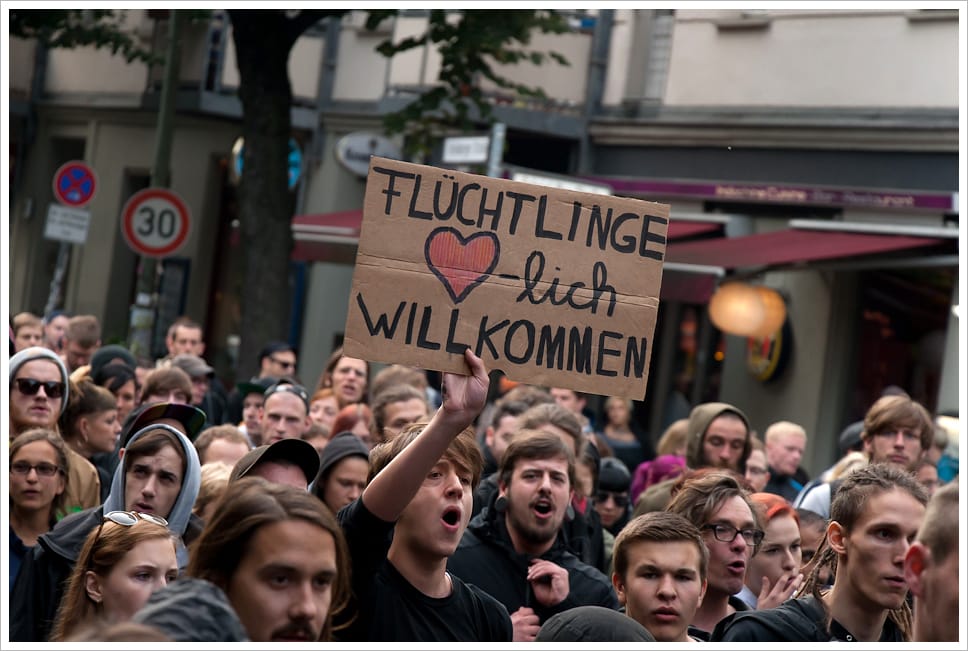
At the Minister-Presidents’ Conference on April 7th, German Chancellor Olaf Scholz and the minister presidents of the German states decided that refugees from Ukraine will receive the same legal treatment as recognized refugees as of June 1st. As a result, refugees will gain access to the German labor market, better medical care, childcare, and Hartz IV basic benefits. Previously, Ukrainian refugees were covered by the Asylum Seekers’ Benefits Act.
German Interior Minister Nancy Faeser was one of the main proponents of this change. “Many of the adult refugees are highly qualified, they want to work right away,” Faeser said. “For them, job centers are better contact points than social welfare offices.”
The municipalities had lobbied for this solution, since the federal government carries the expenses for basic welfare benefits. The federal government will also contribute significantly to the costs of housing.
Scholz said that the decision in favor of basic benefits does not relieve the states and municipalities of all the financial burdens. “That’s why we will provide the states with a lump sum of two billion euros for this year, 500 million of which is intended for municipalities to cover the additional costs for housing that are not already covered by the basic benefits for jobseekers.”
The European Union had previously decided to activate the so-called temporary protection directive for the first time in history to take in war refugees from Ukraine. This stipulates that those seeking protection do not have to apply for asylum, but are first granted a residence permit for one year and are thus allowed to work. An extension of up to three years is possible.
Prior to the decision on April 7th, the Christian-democratic CDU and CSU had warned against additional incentives for refugees to come to Germany. Deputy parliamentary group leader Andrea Lindholz (CSU) told Bild: “Such a change would cause considerable pull effects within the European Union and would also not be legally clean.”
Winfried Kretschmann (Green Party), minister president of Baden-Württemberg, told the DPA in Stuttgart: “No one is able to predict how many more refugees will come from Ukraine and how long they will stay.” He said that the agreement between the federal and state governments can only be provisional and will be reviewed in autumn. A settlement for 2023 is scheduled to be agreed upon in early November.
Since the start of the war in Ukraine, more than 330,000 refugees have been recorded in Germany, according to the German Interior Ministry. In March alone, more than 15,000 people per day were recorded, but numbers have been decreasing. Since there are no fixed controls at the internal borders, the number of war refugees entering Germany could actually be much higher, according to the Interior Ministry.
